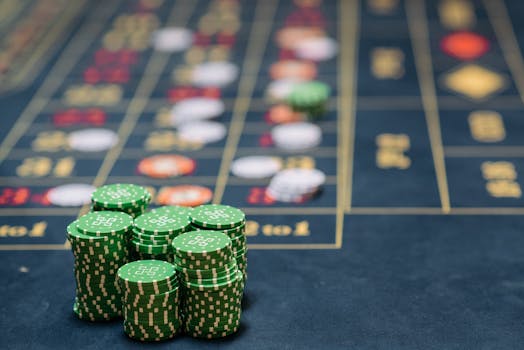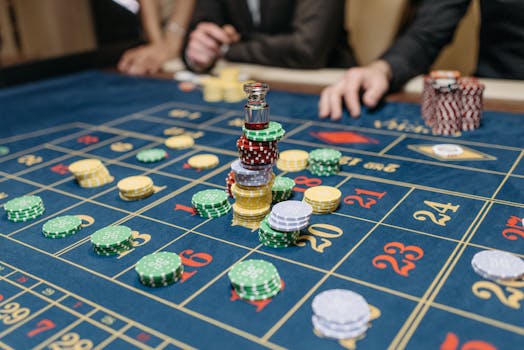How Personalization in Casinos Impacts Your Self-Control
In the dynamic world of gambling, casinos have continually evolved to maximize player engagement, often using personalization as a key strategy. This article explores how personalization in casinos affects players' self-control, delving into the various approaches used, their benefits and drawbacks, and provides practical examples to illustrate these points.
Understanding Personalization in Casinos
Personalization in casinos refers to the tailored gaming experiences offered to individuals based on their previous behaviors, preferences, and data. This can range from customized game recommendations to exclusive bonuses and loyalty programs. The essence of personalization is to make the gambling experience more enjoyable, potentially increasing the time and money spent by players.
Approaches to Personalization and Their Impact on Self-Control
- Tailored Rewards Programs
One common approach is the use of tailored rewards programs. Players receive personalized bonuses based on their gaming history. While this can enhance the gaming experience by making it feel more rewarding, it may also diminish self-control by encouraging continuous play.
- Customized Game Recommendations
Casinos use algorithms to suggest games that players might enjoy. This not only makes the casino experience more engaging but can also lead players to spend more time and money than intended, impacting their self-control.
- Direct Marketing Communications
Personalized emails and messages with promotions and game updates make players feel valued, but these communications can also lead to increased gambling frequency, affecting self-control.
Advantages and Disadvantages of Personalization in Casinos
Advantages:
- Enhanced customer satisfaction through tailored experiences.
- Increased loyalty due to personalized interactions.
- Potentially higher revenues for casinos from prolonged engagement.
Disadvantages:
- Risk of reduced self-control due to continuous and targeted incentives.
- Potential privacy concerns with the collection and use of personal data.
- Increased likelihood of gambling issues if not managed responsibly.
Practical Examples of Personalization
For instance, a casino might track a player's favorite games and offer them free spins on similar games. Another example is casinos offering birthday bonuses, which, while making a player feel special, might also encourage them to play more than they usually would.
Conclusion: Balancing Enjoyment and Responsibility
Personalization in casinos can significantly enhance player experience, making gambling more enjoyable and engaging. However, it's crucial for players to remain aware of the potential impacts on their self-control. Casinos, on their part, should implement responsible gambling practices to ensure that personalization does not lead to harmful behaviors.
Players are advised to set limits on their time and expenditure, and to opt out of personalized marketing if they feel it impacts their gambling habits negatively. Casinos should also provide clear information on their personalization methods and support responsible gambling.
In conclusion, while personalization can make casino experiences more exciting and potentially rewarding, it is essential for both players and casinos to approach it with caution and responsibility.
Keyword: Personalization in Casinos
For more detailed information on responsible gambling practices, visit [insert credible source link here].

.png)



